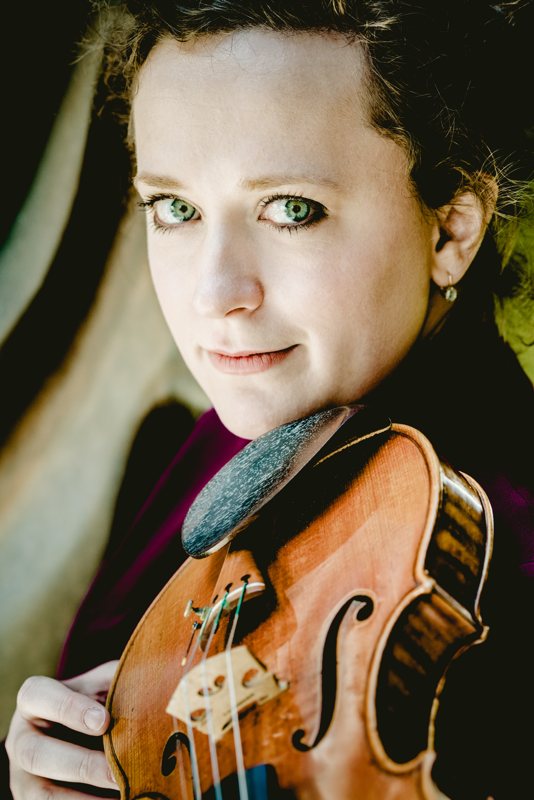CHAOS STRING QUARTET
Founded in 2019 on the principles of chaos in the arts, science, and philosophy, the Chaos String Quartet combines a highly refined ensemble culture and a fiery vitality with a passion for exploring experimental and improvisational approaches. With their affinity for embracing unpredictability and risk-taking, the ensemble’s members bring a unique dynamism and vibrancy to their playing featuring a whole universe of sounds.
Recently selected as a BBC Radio 3 New Generation Artist 2023-2025, the Chaos String Quartet is rapidly establishing itself on the international music scene. The Quartet has been awarded at the most prestigious international competitions, such as ARD (2022), Bordeaux (2022), Haydn (2023) and Bad Tölz (2023). Additional successes include winning the 2nd Prize at Budapest’s 2021 Bartók World Competition and the Premio V. E. Rimbotti in Italy.
The Chaos String Quartet was invited to music festivals such as the Schwetzingen SWR Festival, the Schwarzwald Musikfestival, the Mozartfest Würzburg, Les Musicales de Normandie, the Davos Festival, the Ravenna Festival, the Festival del Quartetto Firenze, Lockenhaus, the Gent Festival van Vlaanderen, the Festival Academy Budapest, and the Heidelberger Streichquartettfest, among others. In 2023, the ensemble made its debut at the Musikverein in Vienna and the Elbphilharmonie Hamburg.
Mentored by Prof. Johannes Meissl in Vienna through the ECMAster program, the quartet additionally completed a postgraduate course at the Scuola di Musica di Fiesole with the Cuarteto Casals. The ensemble received additional important musical impulses from artists such as Eberhard Feltz, Patrick Jüdt, Rainer Schmidt, Hatto Beyerle, András Keller and Oliver Wille.
The group has worked with artists like Nicolas Baldeyrou, Alexander Ullman, Giampaolo Bandini, Avri Levitan, Hyung-ki Joo and Christoph Zimper. In addition, the Quartet had the opportunity to work with composer Helmut Lachenmann on his 2nd quartet, “Reigen seliger Geister”.
The quartet is a member of the Chamber Music Association “Le Dimore del Quartetto” and has been selected for the promotional program “New Austrian Sound of Music”.
Bas Jongen plays a cello by Hendrick Jacobs (Amsterdam, 1696), kindly loaned to him by the Dutch Musical Instruments Foundation (NMF).







